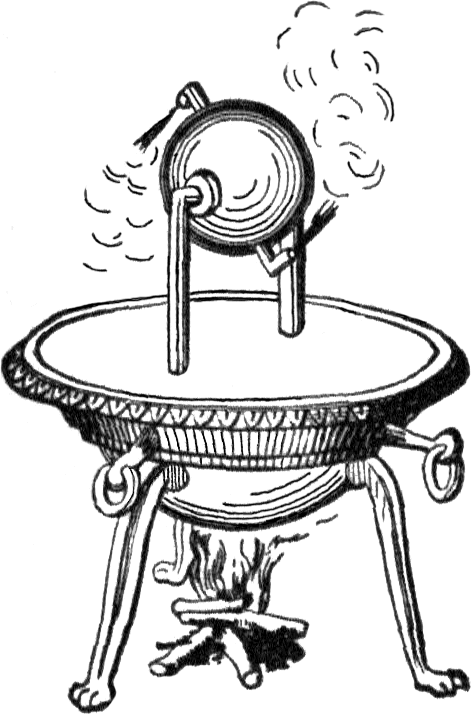The Romans could probably build one if the plans were complete enough
Relevant questions (that I'm very familiar with because I answered the questions):
Technological development is a pyramid: a specific technology stands atop a mountain of experience, education, and invention. The problem is that the plans you're sending back likely don't include plans for manufacturing facilities, chemical processing, specialized tools...
As an example, I could hand you a schematic for a 1980s computer, but if you didn't know how to build the manufacturing plant for integrated circuits, or the manufacturing plant for silicon slugs to make silicon wafers, or the understanding of what the symbol for a transistor even meant.... (And let's not talk about glass processing and high-voltage controls for the monitor.) There is a massive amount of secondary and tertiary information that isn't listed in any schematic or set of plans.
A silly but obvious example: the plans for a bridge don't explain how to build a hammer.
Consequently, the plans must be comprehensible to the target audience. If you give the Romans (for example) a working mechanical device, they'd be able to duplicate it. They may not have the metals to make one as nice and efficient as the original, but they could duplicate the functions nonetheless. But hand them the schematic to an Intel 8080-based computer and it's just another meaningless foreign language — a mystery to build religions on.
So, how far back can you go with a pulsejet? How do you explain petroleum to people whose basic concept of oil has more to do with olives or whales? Even if you go to the Chinese, their gunpowder and canon tech is far too heavy to allow a working pulsejet to move, well, a canon.
Conclusion
Like @Demigan, I believe the problem is fuel (although metallurgy shouldn't be ignored, simple gasoline could be used if all you wanted to move was a go-kart, but if that go-kart weighs a half-ton it isn't moving). But for anything more complex, you're stuck with developing big-bang chemistry. Even with those instructions, you'd have to give them the instructions for extracting petroleum and refining it or complex chemical processing. I doubt you could build effective pulsejets much more than 50 years ahead of time simply due to the other dependencies on technologies that simply didn't exist yet.

